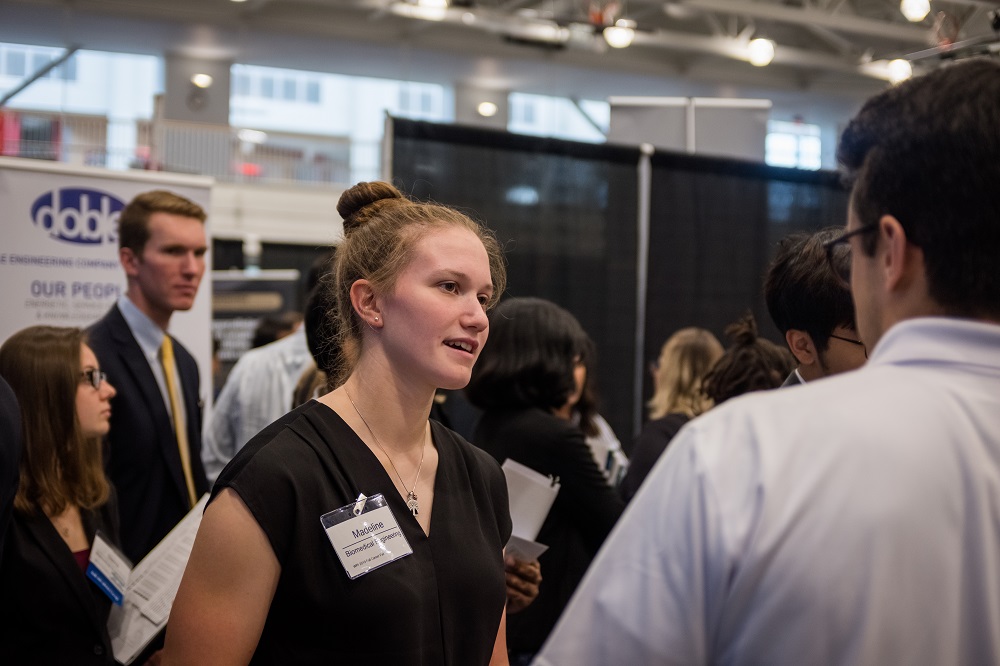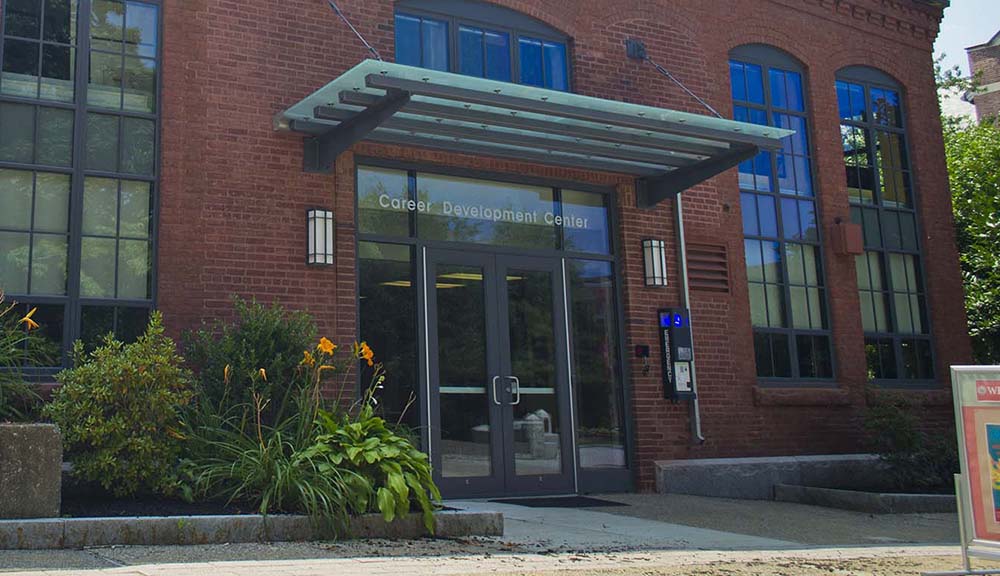Again this year, WPI has announced one of the lower increases in undergraduate tuition among private colleges and universities. Tuition and fees will increase by 3.4 percent, to $38,700, for the 2010-11 academic year. Last year’s increase (2.9) was the lowest percentage increase at WPI in nearly 20 years, and considerably lower than the national average of 4.4 percent.
"We would, of course, prefer not to have to increase tuition at all," WPI President Dennis Berkey said in a letter to families, "but that would not be a sustainable approach to maintaining the quality of experience WPI students expect and deserve. To maintain our beautiful campus and excellent services, and retain and continue developing our outstanding faculty and staff, certain unavoidable cost increases must be funded." Berkey also noted that the weak economy has reduced some revenue sources, particularly the yield from WPI’s endowment.
Berkey said the university was able to restrain its tuition increase by reducing operating costs where possible. For example, WPI has maintained a "frost" on staff positions, replacing departing staff or adding new positions only in the most strategically critical areas. The university has also benefited from careful planning and fiscal management that enabled it to complete the previous fiscal year with an operating surplus, despite the challenging economy.
At the same time, the university has made strategic investments to further improve the quality of the student experience, for example, hiring 23 new full-time faculty members in 2009, including faculty to support academic programs such as aerospace engineering and robotics engineering, which are experiencing growing enrollments. In addition, WPI hired up to 16 additional faculty members this year. Through the generosity of donors, WPI made significant enhancements to its academic facilities, most notably the $11 million George I. Alden Life Sciences and Bioengineering Educational Center, which opened in the fall of 2009.
The demand for the quality and value reflected in a WPI education continues to grow. The university welcomed its largest-ever freshman class in 2009, and this winter set a new record for applications for the Class of 2014. WPI also received significant national attention for its academic offerings this year, including a No. 1 national ranking for its part-time MBA program from BusinessWeek, a No. 7 ranking for its game design major from The Princeton Review, and recognition of its project-based curriculum and global projects program as "outstanding examples of academic programs that are commonly linked to student success" in the 2010 edition of the U.S. News guide to "America’s Best Colleges."
Demand for WPI graduates remains high. An average of 90 percent of students found employment or gained admission to graduate school over the past five years, and the more than 100 employers who attended WPI’s most recent career fair, in February, continued strong interest among employers. "Despite the high return on investment in a WPI education, in terms of preparation for life as well as for employment," President Berkey wrote to families, "we realize that the price of a private higher education is beyond the means of many." He said WPI is committed to helping families find ways to finance their education.

